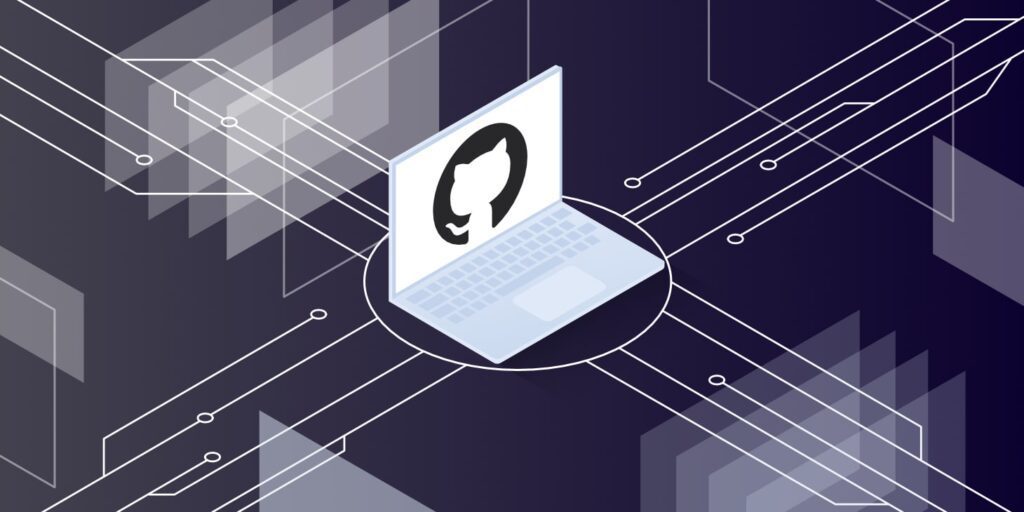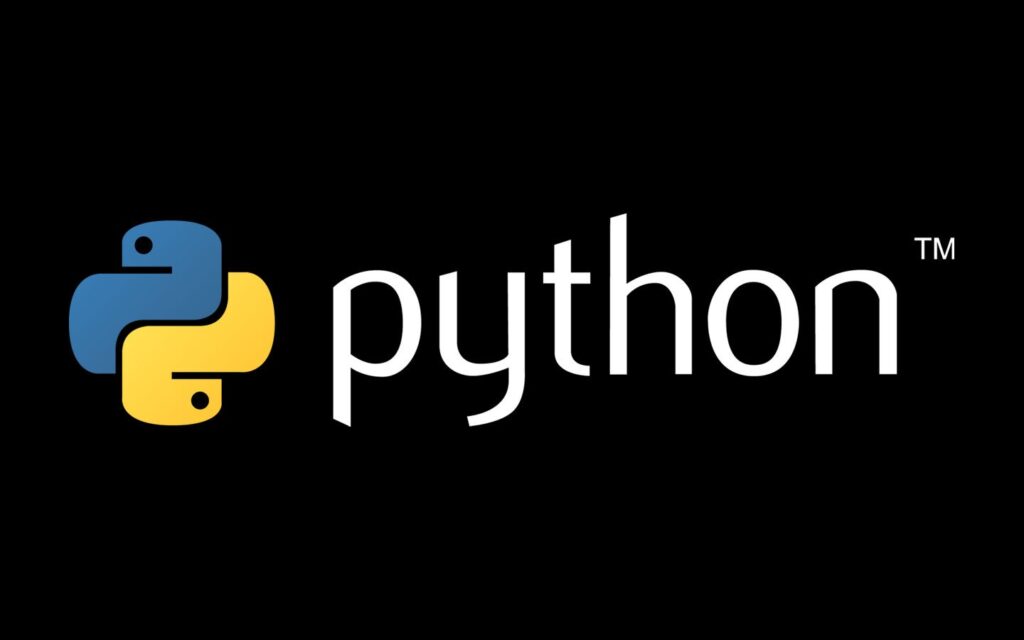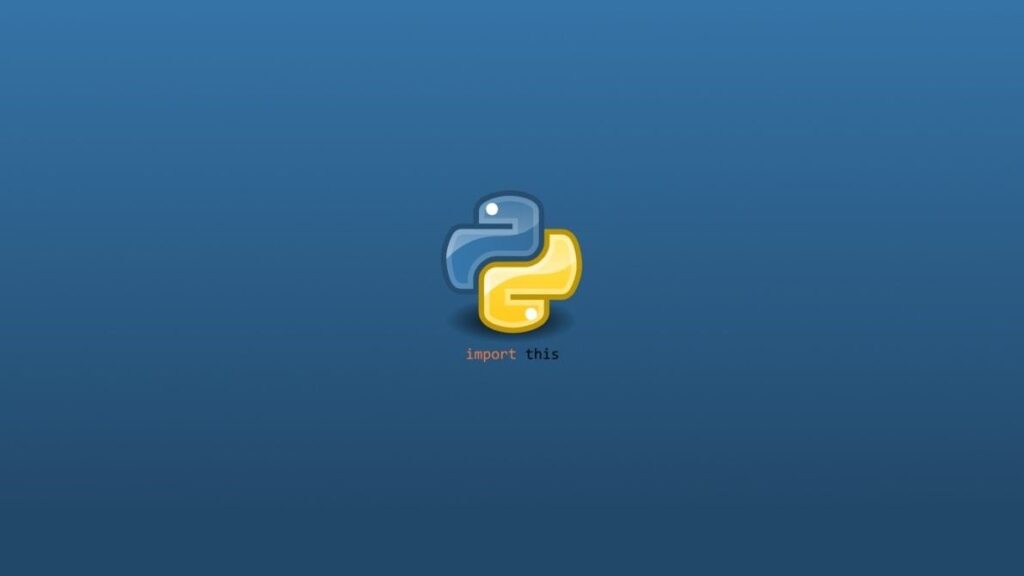Ansible is an open-source software platform for automating and configuring IT infrastructure. It is used to manage and automate various IT operations, including the deployment of applications, the configuration of systems, and the orchestration of complex workflows. Ansible operates on a “push” model, pushing changes from a central control node […]
Devamını Oku
Here are some of the basic Git and GitHub commands, along with a brief explanation of each: These are just a few basic Git and GitHub commands, but they should provide a good starting point for anyone new to version control and collaboration.
Devamını Oku
Code review, or peer review, is a quality assurance activity in software development where one or several individuals examine parts of the code. The purpose of code review is to ensure that the code base is of good quality and to allow reviewers and authors to learn from each other. […]
Devamını Oku
Many tools and applications can help you with code review and quality control for your Python projects on GitHub. Some of the popular ones are: MultiQC: A tool aggregating quality control reports from multiple devices across many samples into a single report. It supports various Python tools such as FastQC, […]
Devamını Oku
SonarQube is an open-source platform developed by SonarSource for continuous inspection of code quality. It provides automated reviews with static code analysis to detect bugs and code smells in 29 programming languages. SonarQube offers reports on duplicated code, coding standards, unit tests, code coverage, code complexity, comments, bugs, and security […]
Devamını Oku
A helpful notation suggestion for purposes such as displaying commit messages properly in the repo, facilitating issue tracking, automatic changelog creation, and convenience in cherry-picking
Devamını Oku
Imagine you’re a potter making your bowls on a wheel in your studio. Now imagine that your craft has a different workflow: you make bowls by writing scripts executed by a bowl-making machine on the other side of the world without your participation. That’s the difference between a tightly coupled […]
Devamını Oku
The SOLID principles are design principles that can help developers write maintainable and scalable code. The SOLID principles are: Single Responsibility Principle (SRP) – A class should have only one reason to change.Open-Closed Principle (OCP) – Software entities should be open for extension but closed for modification.Liskov Substitution Principle (LSP) […]
Devamını Oku
Go faster than your competitors. That’s the promise of microservices – deploy more quickly, scale faster, and be more robust. It’s all about outcomes; how your organization is structured tremendously impacts those outcomes. It’s easy to say “Conway’s Law” and then move swiftly on. “But but but, but how?” James […]
Devamını Oku









